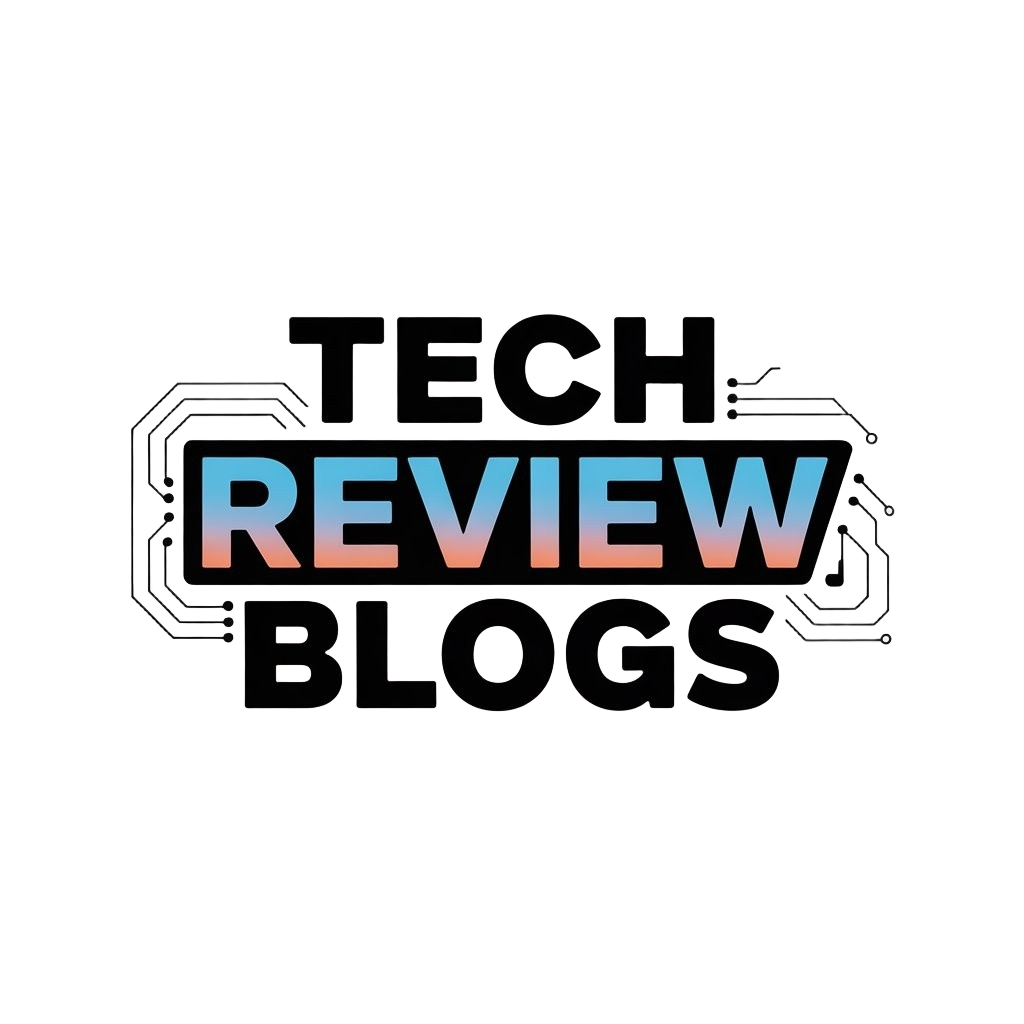Introduction
The rise of AI models, especially ChatGPT, is reshaping white-collar work in ways that bring both opportunities and challenges. As these tools become integral to business operations, traditional roles are evolving, requiring workers to adapt and expand their skill sets. While ChatGPT has the potential to streamline tasks and increase productivity, it also raises questions about job stability and the future of white-collar employment.
This shift doesn’t mean AI will replace humans entirely. Instead, it calls for a balanced approach where human expertise complements AI’s strengths. For white-collar workers, this presents a chance to future-proof their careers by embracing lifelong learning, building adaptability, and focusing on skills that AI cannot replicate. Navigating this landscape thoughtfully can create a future where AI and human workers collaborate effectively.
Key Takeaways
- ChatGPT and similar AI models are transforming white-collar work as we know it, creating new challenges and opportunities.
- Workers who adapt by developing AI-complementary skills, like critical thinking and adaptability, are better positioned for the future.
- AI enhances productivity by handling routine tasks, allowing human workers to focus on complex, judgment-based roles.
- Ethical considerations and human interaction remain essential in roles that require empathy and nuanced decision-making.
- Embracing lifelong learning and flexibility is crucial for workers to stay relevant in an AI-enhanced job market.
- AI should be seen as a tool to collaborate with, not as a replacement for, human expertise in white-collar environments.
How ChatGPT Will Destabilize and Reshape the Future of White-Collar Work
The rapid rise of advanced AI systems, like the language model developed by OpenAI, ChatGPT, has the potential to disrupt white-collar work by reshaping the landscape of white-collar jobs. As organizations increasingly rely on ChatGPT, traditional roles and responsibilities may shift towards specialized positions requiring creativity and critical thinking to complement AI capabilities. For white-collar workers, this changing landscape of white-collar work suggests that tasks that require human intuition and judgment may become even more valuable. Workers are encouraged to embrace lifelong learning, adapting job roles and responsibilities to include tasks that AI cannot easily replicate. Understanding the effects of ChatGPT and its potential impacts on white-collar jobs allows workers and employers to strategically position themselves, balancing automation with human oversight for a resilient and future-ready job market.
Adapting Skill Sets for AI Collaboration
As chatgpt integrates more deeply into white-collar roles, adapting skill sets to work alongside AI is essential. Workers can focus on honing abilities like critical thinking, adaptability, and emotional intelligence—skills where AI lacks depth. By aligning with AI-driven workflows, employees add value that complements ChatGPT’s efficiency. This approach not only supports job security but also emphasizes the unique human qualities vital in the modern workplace. White-collar workers can take advantage of skill adaptability to reshape the future of white collar roles, particularly as AI influences traditional responsibilities and creates opportunities for collaboration between humans and ai.
Redefining Job Roles to Meet AI-Enhanced Demands
The evolving workplace calls for redefining roles to incorporate AI capabilities like ChatGPT effectively. Traditional job descriptions are shifting toward hybrid roles that combine roles related to ai governance with specialized human skills, essential for white-collar workers navigating this disruption. Workers may see their responsibilities transition to managing AI outputs, ensuring quality, and adding context where automated responses might fall short. This shift encourages employees to view AI as a tool in their professional toolkit, potentially reshaping the future of white collar work into positions that demand less routine and more strategic input.
Key Strategies for Adapting to AI in White-Collar Roles
1. Embrace Continuous Learning
Staying updated on AI advancements is essential for maintaining a competitive edge. Enrolling in courses on AI basics, data analysis, and other related fields can help workers develop skills that enhance their ability to work alongside AI.
2. Focus on Developing Unique Human Skills
While AI excels at data processing and repetitive tasks, it lacks emotional intelligence and critical thinking. Cultivating these uniquely human skills makes workers indispensable, especially in roles that require complex problem-solving and interpersonal interaction.
3. Seek Roles that Require AI Oversight
As more companies implement AI, roles that involve monitoring, evaluating, and refining AI outputs are emerging. Workers who understand how to manage AI effectively can create opportunities in roles focused on AI governance and quality control.
4. Collaborate with AI to Boost Productivity
AI can assist in making workflows more efficient, but humans are needed to interpret, guide, and adapt AI’s outputs to specific contexts. Learning to use AI as a collaborative tool helps workers maximize productivity and improve job performance.
5. Strengthen Adaptability and Flexibility
With the evolving nature of AI technology, adaptability is critical. Workers who embrace change and adapt quickly to new AI tools will be more resilient in a fluctuating job market.
Balancing White Collar Workers Efficiency with Job Stability Amidst AI Disruption
As companies leverage AI tools like ChatGPT, concerns about job displacement for white collar workers arise, as ChatGPT will destabilize traditional roles by increasing productivity through streamlined operations and handling repetitive tasks. For employees, developing skills that support the collaboration between humans and ai—such as adaptability and analytical reasoning—serves as a safeguard against jobs being taken over by ai. Embracing AI as a tool ensures that white collar workers bring unique strengths to the workplace. This balance benefits job security while underscoring the impact of ChatGPT on job dynamics, highlighting the lasting value of human oversight in an AI-driven economy, which could destabilize white-collar work.
Leveraging AI for Routine Task Automation
ChatGPT’s capabilities in handling routine tasks offer a clear path toward efficient work and operational improvements. By using AI to automate tasks, AI allows employees to shift focus to higher-value work that demands critical thinking and human insight, which could destabilize traditional roles. However, the potential impacts of ChatGPT also raise concerns about job displacement in certain roles. For white-collar workers, it’s essential to see AI as a tool that enables growth, positioning themselves to take on tasks that ai can automate less effectively. Embracing automation can lead to a more strategic focus in organizations while safeguarding human involvement in core decision-making processes.
Addressing Job Security through Lifelong Learning
Job security in an AI-driven landscape can be strengthened by committing to lifelong learning and upskilling. As ChatGPT on white collar roles and similar tools evolve, workers can navigate this disruption by building skills that support collaboration with AI. Pursuing knowledge in data analysis, AI ethics, and creative problem-solving makes employees essential as the world of white-collar work is reshaped. Lifelong learning fosters resilience, helping workers to reshape the future of their roles in an environment where job stability increasingly relies on adaptability and ongoing growth.
Case Study: How Deloitte Balances AI Efficiency with Job Security
As a global consulting firm, Deloitte faced the challenge of integrating AI to boost efficiency without causing job displacement among its white-collar employees. Deloitte incorporated AI tools to handle routine, data-heavy tasks, streamlining operations and enhancing productivity across departments. However, rather than simply replacing roles, Deloitte emphasized reskilling initiatives to upskill its workforce.
The company launched internal programs focusing on skills like data analysis, AI governance, and ethical considerations, encouraging employees to transition into roles that required AI oversight. By investing in workforce development, Deloitte maintained job stability and provided employees with clear paths to future-proof their careers. This proactive approach not only allowed Deloitte to leverage AI efficiently but also fostered a culture of resilience and adaptability, positioning both the company and its employees for long-term success in an AI-driven marketplace.
Exploring the Role of Human Interaction in an AI-Driven Workspace
In the evolving workspace, where humans and ai intersect, the human element remains irreplaceable. While technologies like ChatGPT excel in data analysis and legal work and other routine tasks, they lack the nuanced communication and ethical discernment essential for certain white collar jobs. This shift allows professionals to redefine their roles around skills that chatgpt also cannot replicate. Emphasizing interpersonal abilities can help white-collar workers carve out roles prioritizing human connection, especially in fields like healthcare, education, and client services. Balancing the efficiency brought by ai with meaningful human engagement is key to creating a harmonious workplace where both technology and human skills contribute to overall success.
Enhancing Client Relationships Through Human Touch
Although ChatGPT can assist in many tasks, it lacks the nuanced understanding required to build meaningful client relationships. For white-collar professionals, strengthening client connections through empathy, active listening, and interpersonal skills is essential in areas that AI cannot fill. These interactions foster trust and loyalty, ensuring success in roles where the human touch is irreplaceable. ChatGPT on white-collar work may streamline routine tasks, but it’s the workers who prioritize human interaction that see their roles elevated. This approach allows AI to manage simpler responsibilities while employees focus on complex connections that create lasting partnerships.
Navigating Ethical Dilemmas with Human Judgment
AI like ChatGPT can assist in data analysis and decision-making, but it lacks the ethical judgment required for white-collar tasks involving complex moral considerations. Professionals adept at handling ethical dilemmas offer invaluable insights, particularly in fields such as law, healthcare, and finance. By recognizing the potential effects of ChatGPT on ethical issues, white-collar workers solidify roles where human oversight is essential. In situations that demand nuanced judgment, chatgpt for human workers cannot replace the importance of ethical discretion, ensuring that standards are upheld in an AI-driven environment.
Artificial intelligence can process information and offer solutions, but it can’t replace the warmth, intuition, and empathy that humans bring to each interaction. – Satya Nadella
Navigating Job Market Changes Due to ChatGPT and AI Advancements
The arrival of AI tools, including ChatGPT, signals transformative changes in job market dynamics, especially within white-collar sectors. For industries relying on repetitive or data-focused tasks, this shift toward ai to automate tasks may lead to destabilizing white collar work. However, these changes also create new paths for skilled workers to engage in content creation and ai governance. Workers can take advantage of opportunities in white collar work for new roles that require creative problem-solving, flexibility, and the ability to work with AI. As the job market evolves, professionals who strategically adopt these tools will likely see growth in a rapidly changing environment.
Identifying Emerging Career Paths with AI Integration
As AI continues to reshape traditional job markets, new career paths emerge for those ready to embrace change. From roles in AI governance to managing AI implementations, white-collar workers informed about industry trends are better positioned for growth. Recognizing and pursuing these collar work for new opportunities allows workers to adapt to technological advancements, maintaining their value in the white-collar realm. ChatGPT may accelerate the need for adaptability and foresight, highlighting the importance of agility in an AI-driven career landscape where chatgpt will destabilize white-collar work may soon become a reality.
Building Resilience in a Technology-Driven Economy
The shift toward an AI-centric job market calls for resilience and flexibility. White-collar workers gain from cultivating adaptability to stay relevant amid rapid changes in technology. By developing problem-solving skills, project management, and knowledge in AI ethics, workers can better safeguard their roles. This resilience fosters stability in a workforce that must continuously adapt, ensuring human workers to reshape and uphold the foundational role of human expertise. Embracing a proactive approach helps professionals thrive in traditional white-collar settings, positioning them for long-term success in an evolving job environment.
Conclusion
As AI technologies like ChatGPT continue to advance, the landscape of white-collar work will likely shift in profound ways. This evolution presents both potential risks and promising opportunities for workers willing to adapt. By focusing on skills that complement AI—such as critical thinking, emotional intelligence, and ethical judgment—professionals can secure a valuable place in an AI-driven future.
Ultimately, the role of AI should be viewed as a collaborative force that enhances human capabilities rather than replaces them. For white-collar workers, adapting to these changes with resilience and strategic skill development can foster a fulfilling and impactful work environment. Embracing this new era with a proactive mindset will help workers harness the benefits of AI while safeguarding the unique qualities only humans can provide.


















